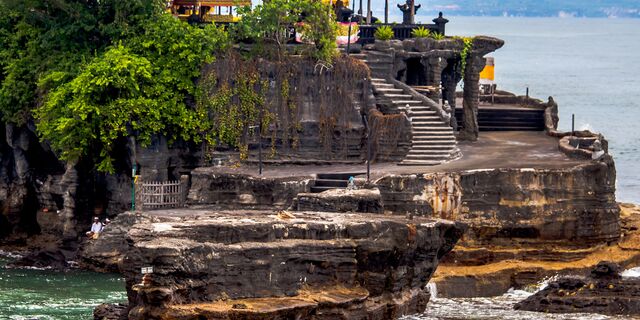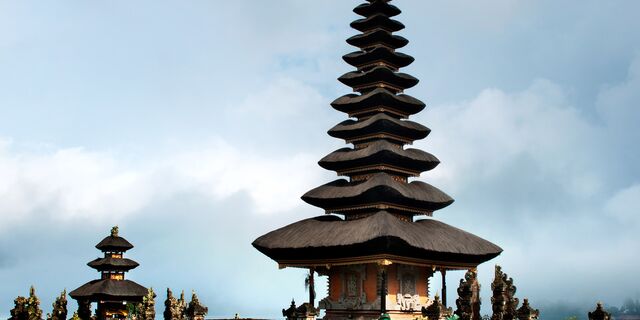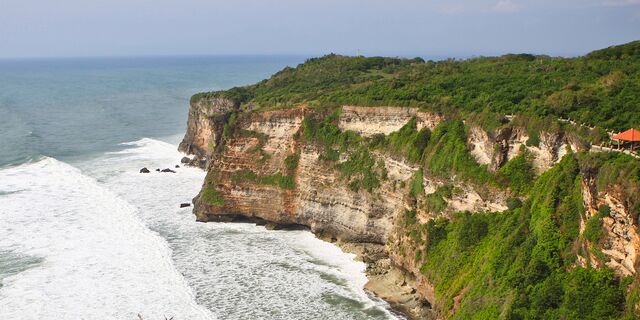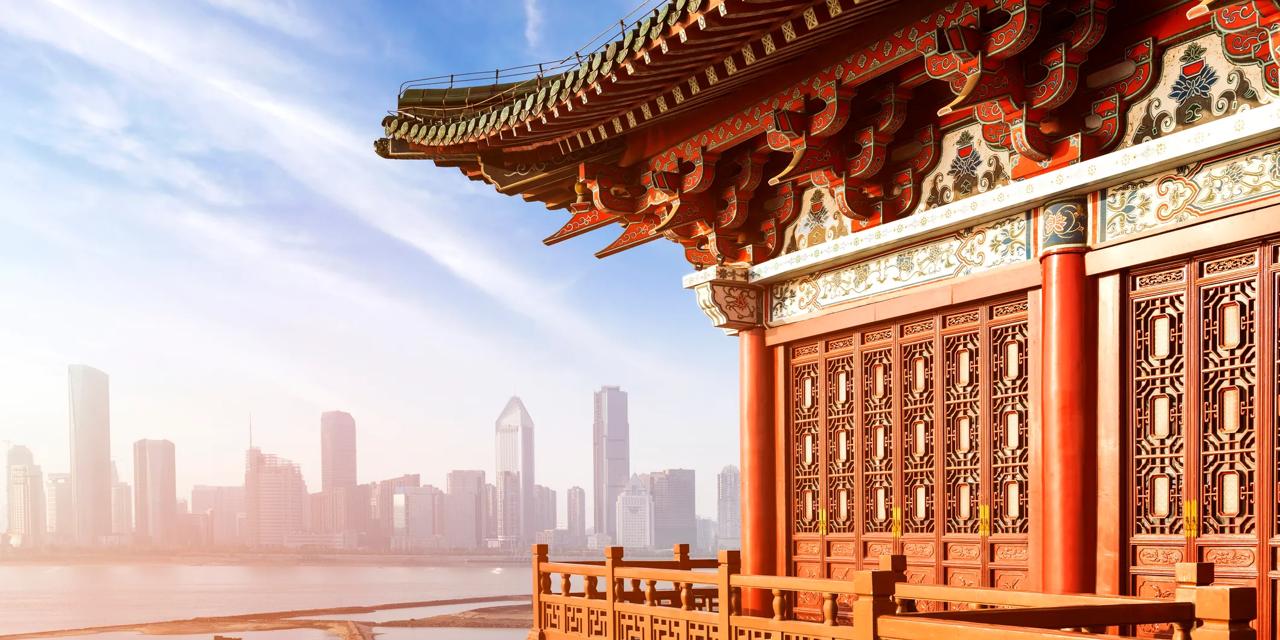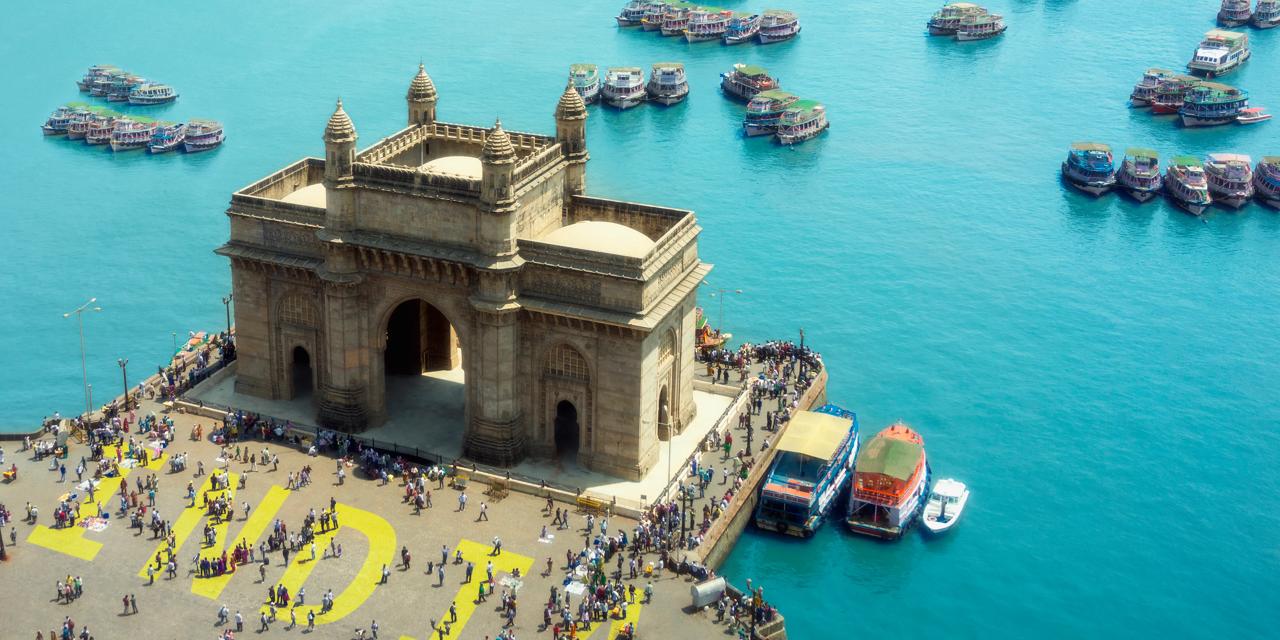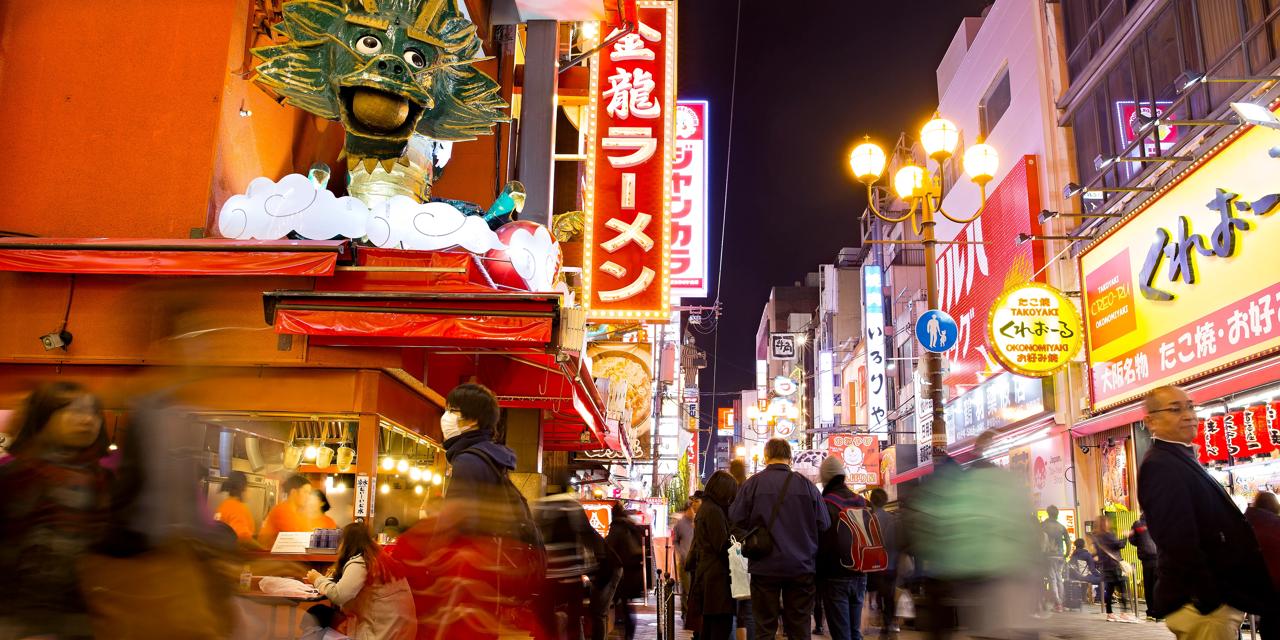The muses of Bali
Elegant dances based on fascinating stories and gracious women – when you visit Bali you'll be overwhelmed by the rituals and ceremonies. Not surprisingly, the island is a refuge for artists and other creative types. Balinese beauties are an important source of inspiration for paintings, wood carvings and other types of art.
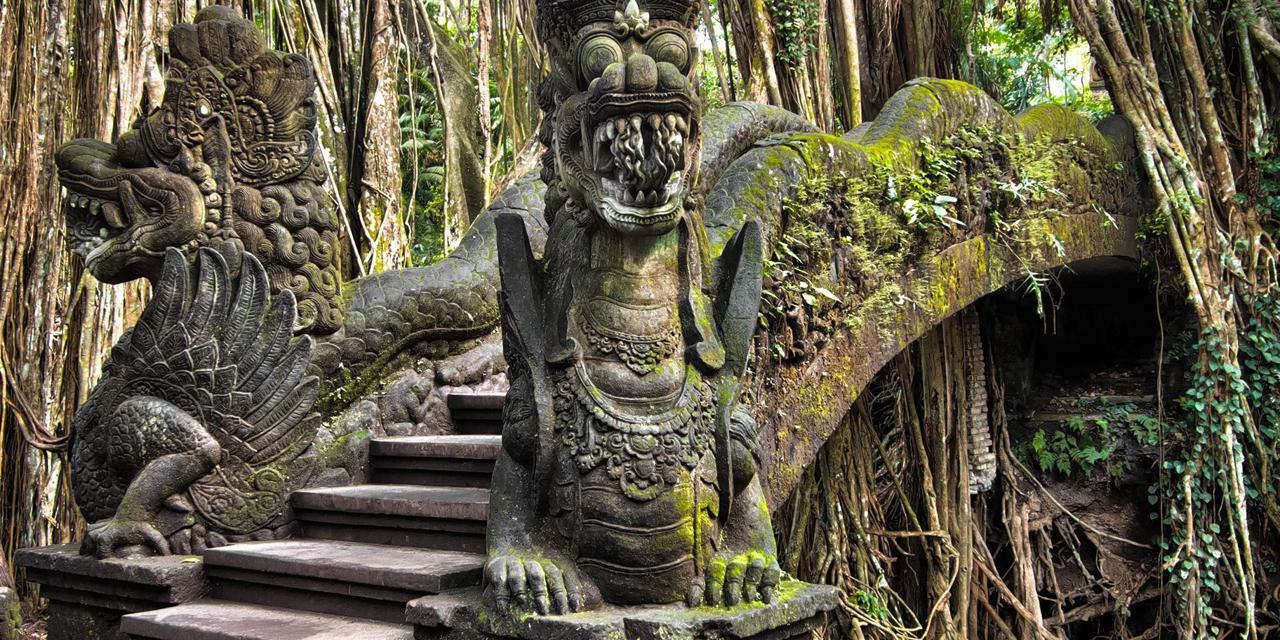
Symbolic dances
In Hindu culture, every elegant dance tells a story in dedication to the gods. Balinese children grow up with these centuries-old traditions from a young age. With perfect body control, up to and including the eyes, the various characters are embodied by dancers who all wear stunning costumes. The dancers practice their movements for hours each day to ensure a perfect performance. The source is divine inspiration – the only thing that ensures perfection. The musical accompaniment for many Balinese dances is a gamelan orchestra, consisting mainly of musicians with typical drums and xylophones. The subject of the dances is usually a part of the Ramayana, the famous Hindu epos about Prince Rama who tries to save his wife Sita from the demon Ravana. The Kecak, for example, is an energetic dance with powerful movements. Performed by 50 men with loud guttural sounds instead of music, it is a spectacular experience.
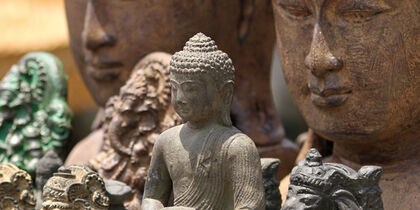
Art for world peace
The largest Balinese art collection is on show in the Rudana museum in Ubud, established by a local art enthusiast and his wife. The museum is based on the Balinese philosophy of Tri Hita Karana, in which the world of spirits, people and nature go hand in hand. The philosophy states that art contributes to world peace, prosperity and friendship, and the collection features a blend of spiritual, cultural and natural treasures.
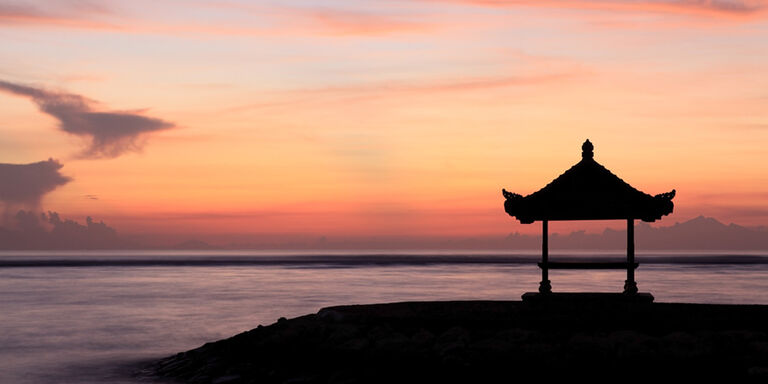
Architecture and art combined
When Belgian artist Adrien Jean Le Mayeur de Merpes came to Bali in 1932, he fell in love with the beautiful dancer Ni Polok. They married 3 years later and the couple lived in Sanur when it was still a small fisherman’s village. Now a museum, their house is a fine example of Balinese architecture. It features paintings that Le Mayeur did during his travels to Africa, India, Italy, France and the South Pacific, as well as depictions of daily life on Bali and the island’s lovely ladies, including Le Mayeur’s own wife. This is a wonderful insight into the lives of an artistic and creative couple.
Discover other destinations in Asia
*The displayed prices are for one adult. All amounts are in SGD. Taxes and surcharges are included. No booking fee is applicable, but a payment surcharge may apply. Prices shown may vary depending on fare availability.
The weather forecast information is provided by World Weather Online. Air France-KLM is not responsible for the reliability of this data.








